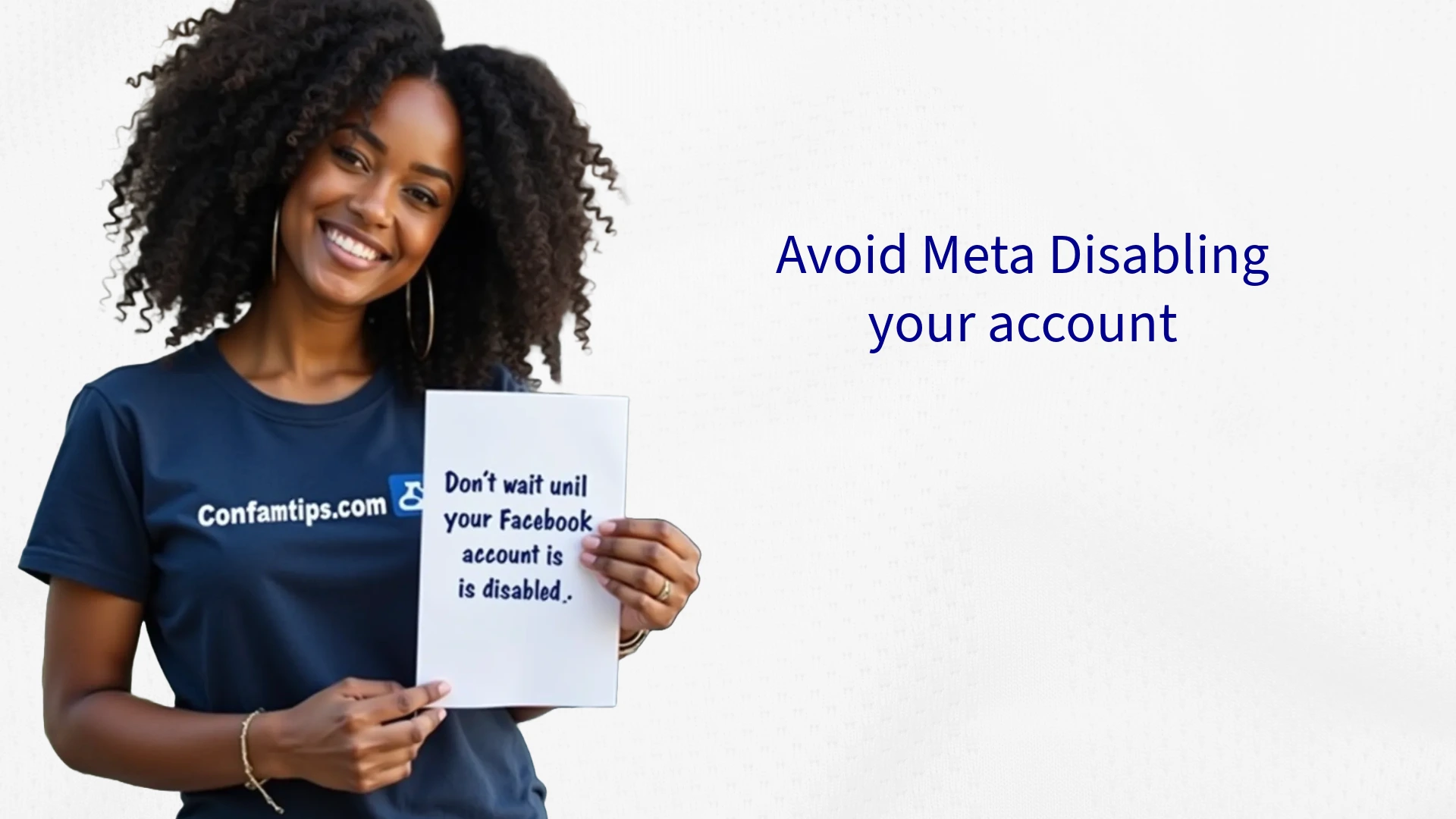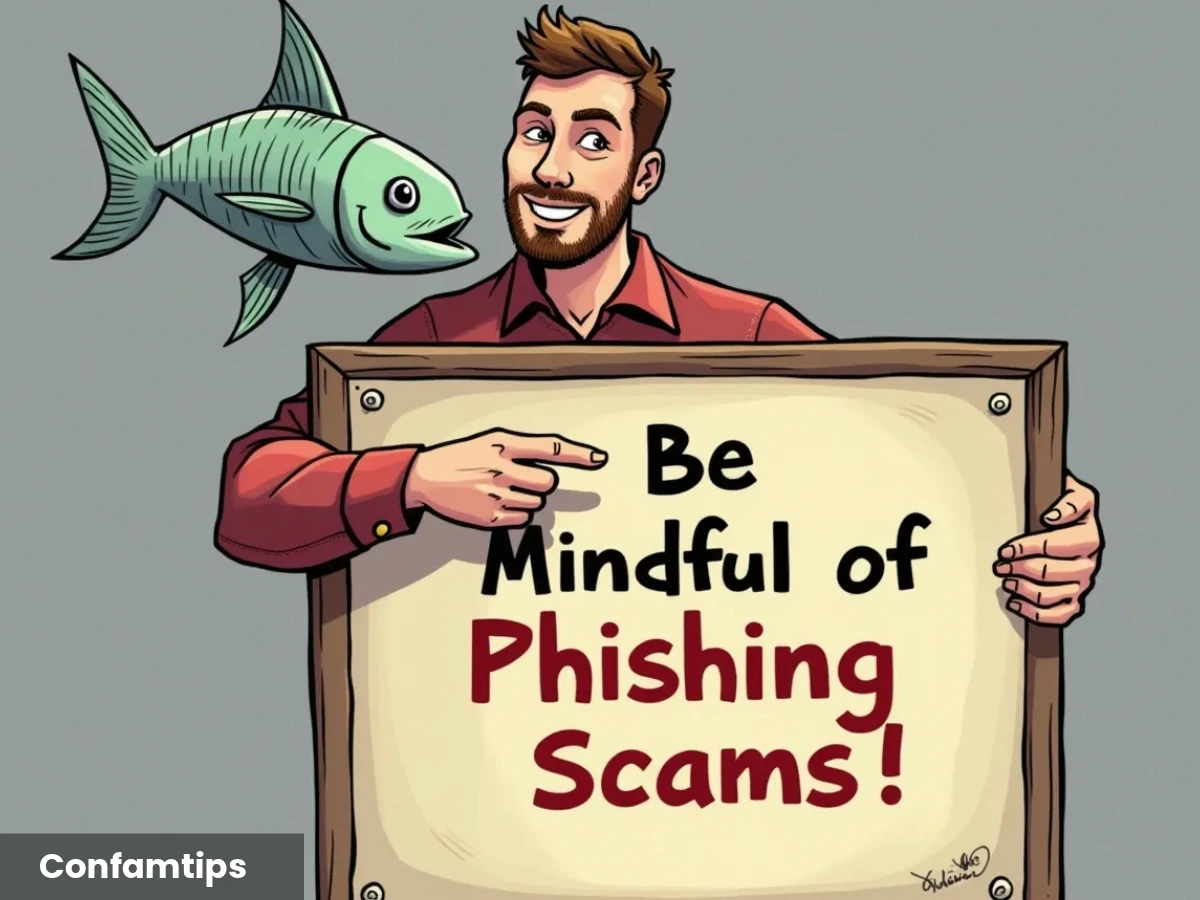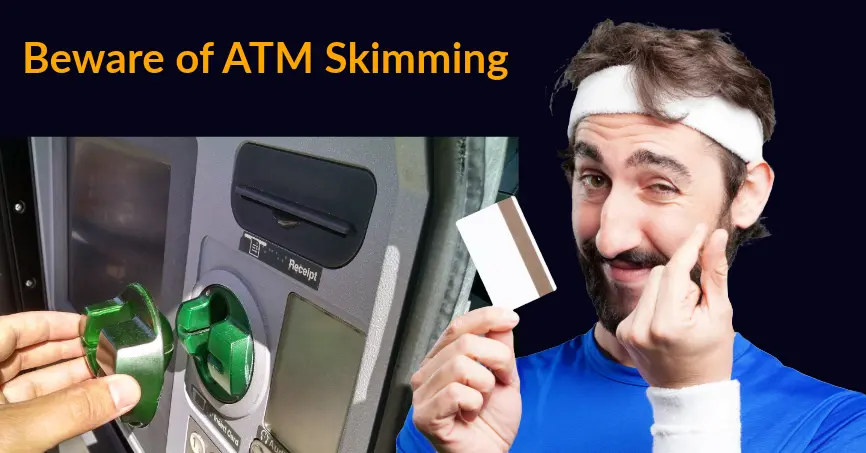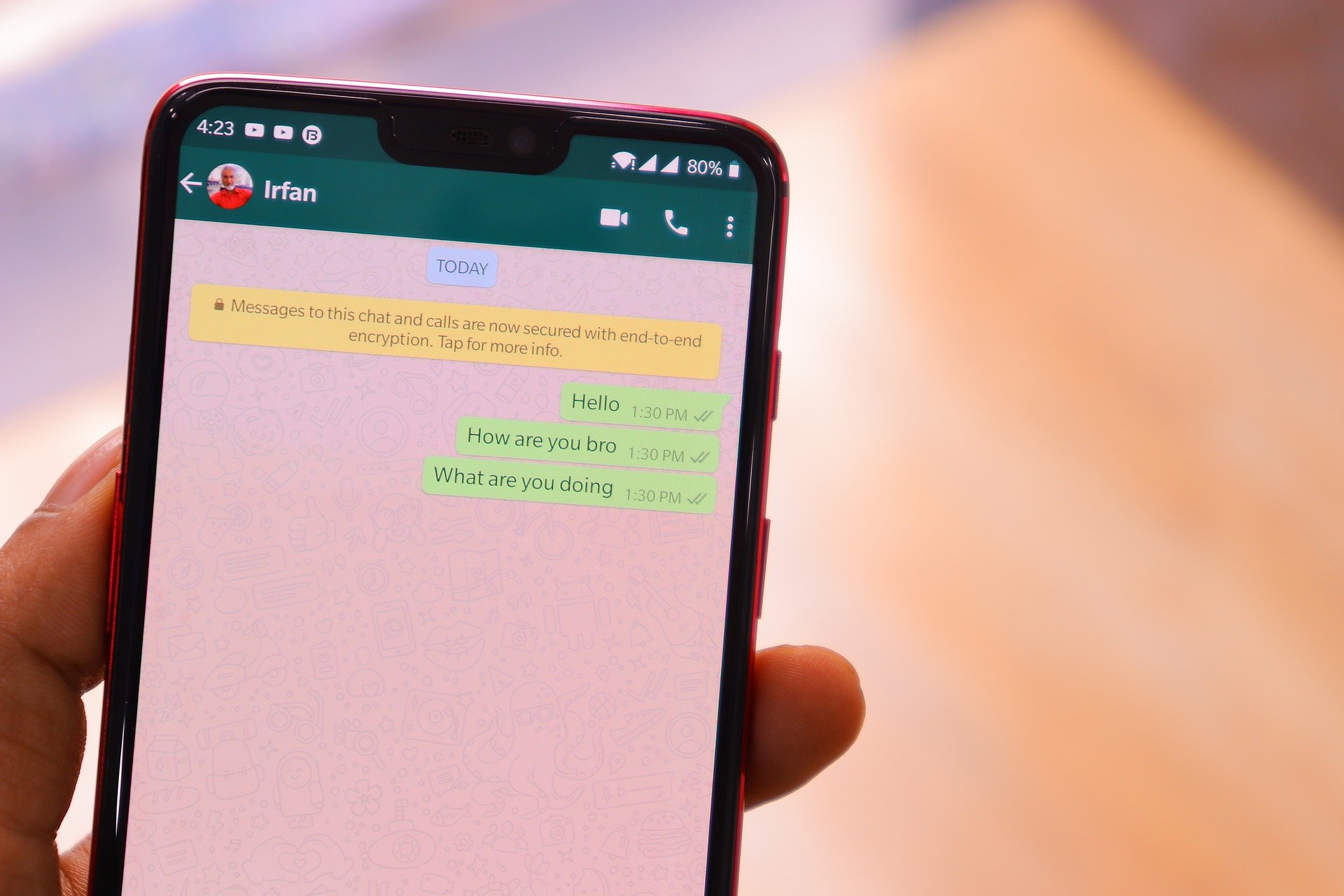The amount of personal information you give out online determine how vulnerable you are to internet scammers. Knowing how to improve your security against internet scams is a skill we all need.
We care a lot about how secure the password to our front doors are when it comes to internet scams that we forget to close the Windows properly.
Do you wonder how a scammer could call your number out of millions of phone subscribers and be able to say two or more things correctly about you?
One common question some people ask when it comes to internet scams is always;
Can they steal money from my account with only my bank account number, ATM card, or BVN?
Or can hackers hack my online account with only my email address?
And majority asking these questions will always take a deep breath when they received that expected No reply from their customer care.
With the fall of the Berlin wall, that old advice of “mind how you talk to strangers” has been ignored by many.
I have seen people hide their year of birth for privacy on social media platforms leaving only their month and day of birth to public display. Though that is a good practice.
But it is funny how the same people will willingly tell a stranger that they are 20 years old during a friendly conversation on the same platform.
Is your year of birth still a secrete if I know that you are 20 years old?
Though a scammer cannot steal money from your bank account with only your BVN.
But if they can do so with your BVN and Account number for instance, how secure are you after giving out only your BVN to them?
It is obvious your account is now 50% less secure the moment you gave out your BVN. You have lost 50% of your security.
Therefore, your question should not be if they can steal your money with only your BVN.
Rather, the question should be if your BVN is needed for one to steal your money.
The question now is, how do you know which of your information to protect?
There is no one answer to this question. The answer might vary due to your location and the type of transactions you engage in on the internet.
An information is confidential to you if it can serve as a means of identification to you.
What are the security questions your Bank normally ask you whenever you visit them?
What were the most required details while you were setting up your bank mobile App? Maybe it is the last six digits of your ATM card or BVN number or your date of birth?
For instance, if you are a Facebook user, you should know that your email or phone number is the most vital part of your account security.
If I break into your email or phone, i can as well steal your Facebook account.
So if you want to protect your Facebook account, you must as well protect your email account and phone number.
Your Internet Security is interconnected. Don’t litter your personal details everywhere and wonder why scammers are hunting you.
You also need to be considerate while dropping your bank account details on the comment box during an online giveaway.
They might not steal your money with only that we know, but internet scammers can as well cold-call or email you using such details to buy their authenticity.
Mind how you talk with strangers on the internet. This is still a valid advice irrespective of how technology has brought us closer.
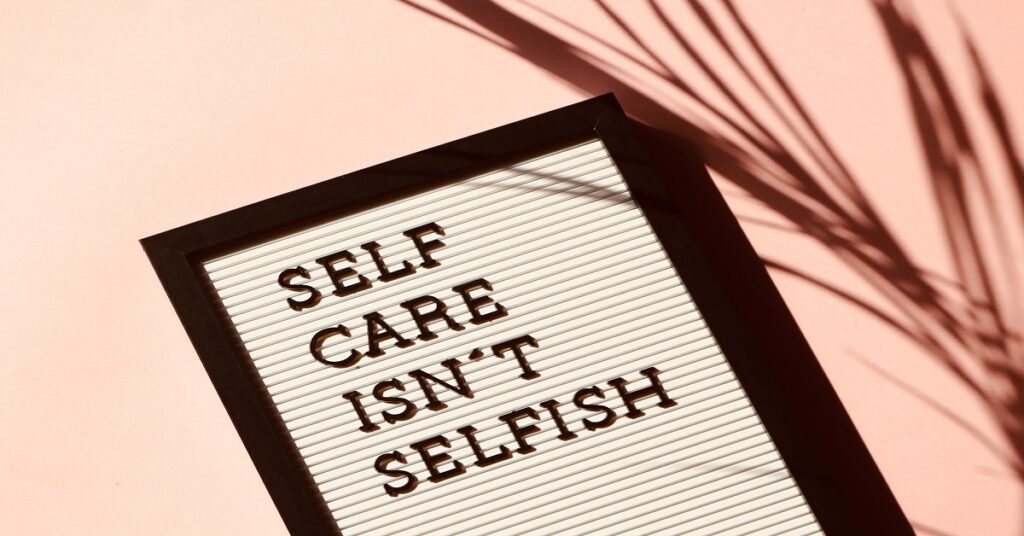
Despite how much you think you know the person on the other side of the telephone or chat box, they are still strangers to you except if you have not met or meet in person.
That a caller said he is calling from your bank doesn’t mean he is a banker. And because he said his name is John does not make him the John you knew.
That she gave you all your bank details correctly doesn’t also mean she is a customer care from your bank.
Something as simple as giving out your home address is enough to create internet security loopholes for you.
Always learn to do double confirmation before you give out your personal details online.
Related Post: Internet Scammers Psychology- How to Unmask Them

